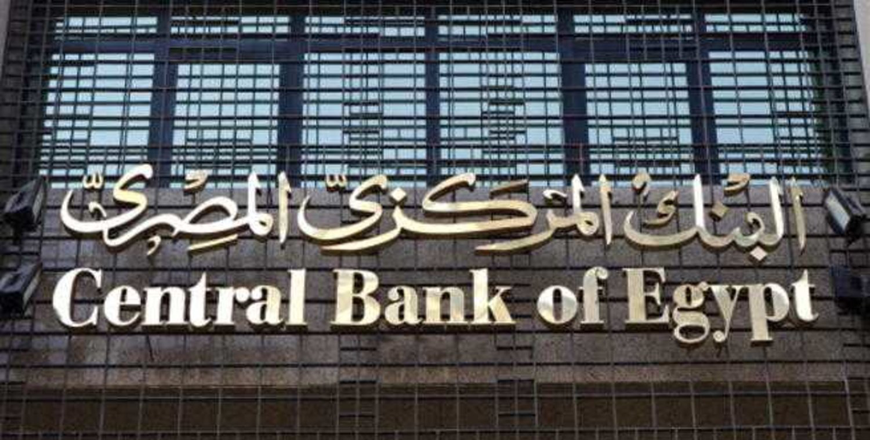You are here
Egypt pound loses over third of value as bank signals float
By AFP - Mar 07,2024 - Last updated at Mar 07,2024

Central Bank of Egypt (CBE) (AFP file photo)
CAIRO — Egypt's central bank announced on Wednesday it was floating the pound in a move to unlock emergency loans from the (IMF) that saw the currency lose more than a third of its value.
The bank also hiked its key deposit rate to a record 27.25 per cent as it moved to rein in inflation in the import-dependent economy which has been hit by sharp falls in its hard currency earnings.
It was not immediately clear whether the bank would continue efforts to manage the pound's depreciation or market forces would be entirely free to set a new unified exchange rate.
The bank was expected to announce further details at a news conference scheduled for Wednesday evening.
By 3:00pm (13:00GMT), the Egyptian pound was trading at a record low of 50.6 pounds to the US dollar, after more than a year of a stabilised official exchange rate of around 30.9.
At a surprise monetary policy meeting Wednesday, the central bank committed to "allowing the exchange rate to be determined by market forces," saying in a statement that "the unification of the exchange rate is crucial".
Egypt has been in talks with the IMF over increasing the value of a $3 billion loan facility already agreed with the lender.
A fully flexible exchange rate and a tighter monetary policy were among the conditions attached by the IMF and loan tranches have been repeatedly delayed until the reforms go ahead.
State-linked media Extra News cited a "high-level source" as saying that a new agreement with the IMF "will be signed within hours".
Before Wednesday's announcements, Egypt had already devalued its currency three times in recent years. But it had previously held back from fully floating the pound, citing concerns for the impact on Egyptians, two-thirds of whom live below or on the poverty line.
Analysts say Cairo has been emboldened to bite the bullet on exchange rate reform by the announcement late last month of $35 billion in foreign direct investment by the United Arab Emirates.
Months of dire foreign currency shortages had caused the parallel market rate to surge to 70 pounds to the dollar earlier this year, before dropping closer to the official rate after a first tranche of $15 billion was deposited by the UAE.
FX liquidity
Since the most recent crisis began in early 2022, Egypt's economy — almost entirely reliant on imported products or inputs — has been buckling under rampant inflation, which reached a record high of nearly 40 per cent last August.
The central bank described its move to hike interest rates Wednesday as an attempt to "accelerate the monetary tightening process in order to fast-track the disinflation path and ensure a decline in underlying inflation".
The bank also said "sufficient funding has been secured to avail foreign exchange liquidity", after fears Egypt would be unable to service its foreign debt after years of heavy borrowing.
Egypt's external debt has ballooned to $164.7 billion, and the cost of servicing it is expected to reach $42 billion this year. In February, the country's foreign currency reserves stood at $35.3 billion.
Egypt's economy, dominated by military-linked enterprises and for years focused on expensive infrastructure mega-projects, has been hit hard by a series of recent shocks.
The Ukraine war saw investors pull billions out of the country, while the cost of wheat and other imports surged.
Remittances from overseas Egyptian workers — the main source of foreign currency — slumped by as much as 30 per cent in July-September 2023 alone, according to central bank figures.
And most recently, attacks by Yemen's Huthi rebels on Red Sea shipping have slashed vital Suez Canal fees by 40-50 per cent.
Related Articles
CAIRO — The International Monetary Fund (IMF) has approved a second tranche of a $12 billion loan to Egypt, praising the country's tough eco
CAIRO — The International Monetary Fund (IMF) declared Egypt's economic outlook "favourable" on Tuesday after completing its second review o
CAIRO — The Egyptian pound was trading on Wednesday at half its value from March after the central bank intervened for a third time as part


















